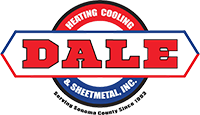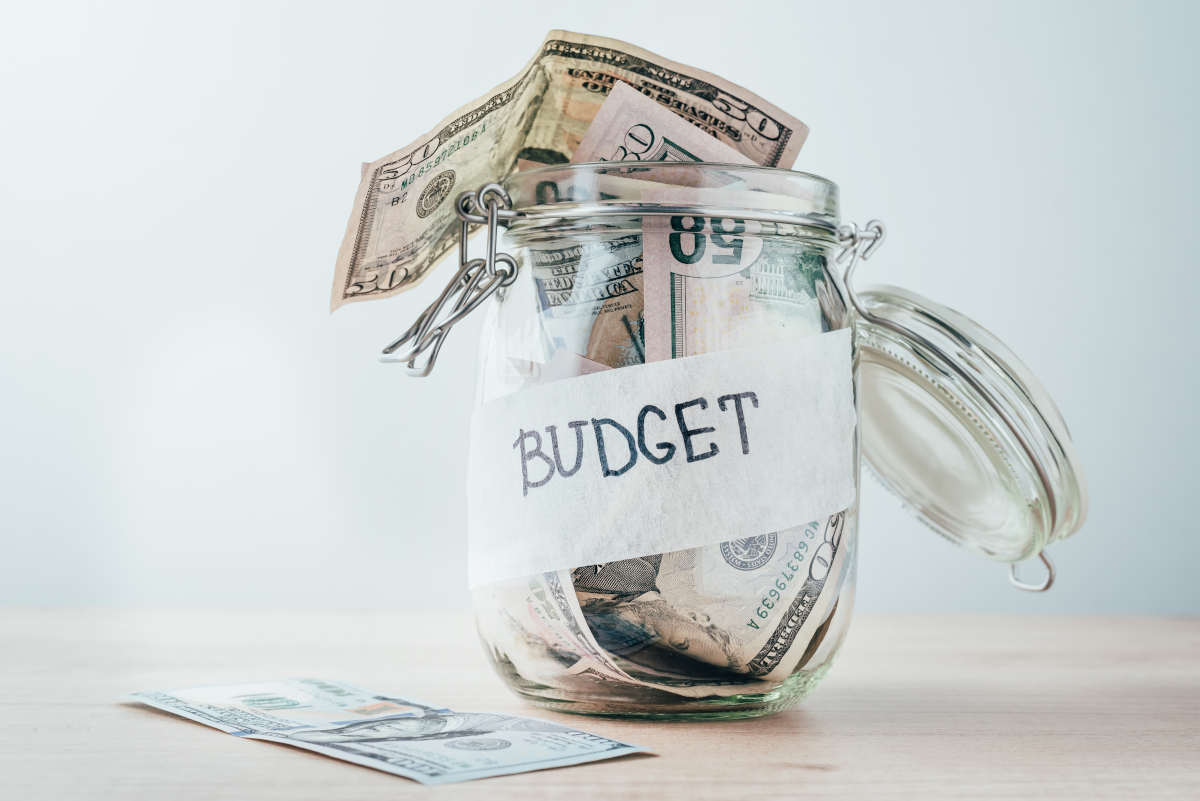Planning for a new HVAC system can be an overwhelming task, especially when it comes to budgeting as there are so many variables to consider. This article will guide you through the process, helping you understand the key factors to consider to ensure you make a well-informed financial decision.
By the end, you’ll be equipped with the basic knowledge to plan your HVAC budget, ensuring comfort and efficiency for your home.
| Topic | Key Points |
|---|---|
| Understanding HVAC Costs | Initial costs, long-term savings, energy efficiency |
| Factors Affecting HVAC Prices | System size, brand, installation complexity |
| Maintenance and Operational Costs | Routine checks, energy consumption, repair costs |
| Tips for Budgeting | Financial planning, choosing the right contractor, energy-saving tips |
Let’s delve deeper into understanding the costs associated with an HVAC system, starting with the initial expenses and potential long-term savings.
Understanding HVAC Costs
The first step in budgeting for an HVAC system is to understand the different costs involved. These costs can be broken down into initial expenses and long-term savings.
Initial Costs
When you first purchase an HVAC system, the initial costs include the price of the unit itself and the installation fees. Prices can vary significantly based on the type of system you choose, with options ranging from traditional furnaces to advanced geothermal systems.
- System Type: The cost varies between central air conditioning systems, ductless mini-splits, and heat pumps.
- Brand: Higher-end brands often come with better warranties and longer life spans, but at a higher initial cost.
- Installation: The complexity of the installation can increase costs, especially if your home requires new ductwork or significant modifications.
Long-Term Savings
Investing in an energy-efficient HVAC system can result in substantial savings over time. These systems use less energy to heat and cool your home, reducing your monthly utility bills.
- Energy Efficiency: Look for systems with high SEER (Seasonal Energy Efficiency Ratio) ratings.
- Rebates and Incentives: Many energy-efficient systems qualify for rebates and tax incentives.
- Reduced Maintenance: Modern systems often require less frequent repairs and maintenance.
Now that we’ve covered the initial costs and potential savings, let’s explore the factors that affect the overall price of HVAC systems.
HVAC BTU Calculator
Note: This is a rough estimate based on square footage alone. Many other factors affect BTU requirements, including climate, insulation, ceiling height, and more. For an accurate assessment, please consult a local HVAC professional.
Factors Affecting HVAC Prices
Several factors can influence the overall cost of your HVAC system. Understanding these can help you make a more informed decision when planning your budget.
System Size
The size of the HVAC system you need depends on the size of your home. A system that is too small won’t effectively heat or cool your home, while one that is too large will cycle on and off frequently, leading to higher energy bills and increased wear and tear.
- Home Size: Larger homes require more powerful systems.
- Climate: Areas with extreme temperatures may need more robust systems.
Brand and Model
Different brands offer various features and efficiencies. While premium brands might have higher upfront costs, they often provide better warranties and longer-lasting components.
Installation Complexity
The complexity of the installation process can significantly impact the cost. Factors such as the age of your home, existing ductwork, and accessibility can all play a role.
- New Ductwork: Homes without existing ductwork will need it installed, which can be costly.
- Accessibility: Homes with difficult-to-access areas can increase labor costs.
With an understanding of the factors affecting HVAC prices, we can now turn our attention to the ongoing maintenance and operational costs that you need to budget for.
Maintenance and Operational Costs
Proper maintenance of your HVAC system is crucial to ensure its longevity and efficiency. Budgeting for these costs is essential for the smooth operation of your system.
Routine Maintenance
Regular maintenance can prevent costly repairs and extend the life of your system. This includes tasks such as:
- Filter Changes: Replacing filters every 1-3 months.
- Annual Inspections: Scheduling professional check-ups to ensure all components are functioning correctly.
Energy Consumption
The operational cost of an HVAC system is largely determined by its energy consumption. Energy-efficient systems can significantly lower your monthly utility bills.
Repair Costs
Even with regular maintenance, occasional repairs are inevitable. Budgeting for these unexpected costs can prevent financial strain.
- Common Repairs: Include thermostat issues, refrigerant leaks, and worn-out components.
- Emergency Services: Having funds set aside for emergency HVAC services can be a lifesaver.
Now that we’ve covered maintenance and operational costs, let’s look at some practical tips for budgeting effectively for your HVAC system.
Tips for Budgeting
Effective budgeting involves careful planning and smart decision-making. Here are some tips to help you budget effectively for your HVAC system.
Financial Planning
Start by determining how much you can afford to spend on your HVAC system. Consider both the initial costs and the ongoing maintenance and operational expenses.
- Set a Budget: Determine a realistic budget based on your financial situation.
- Financing Options: Explore financing options offered by HVAC companies.
Choosing the Right Contractor
Selecting a reputable HVAC contractor can make a significant difference in the cost and quality of your system.
- Research: Look for licensed and insured HVAC contractors.
- Get Multiple Quotes: Compare quotes from several contractors to find the best deal.
Energy-Saving Tips
Implementing energy-saving measures can reduce the operational costs of your HVAC system.
- Programmable Thermostat: Installing a programmable thermostat can optimize your system’s efficiency.
- Seal Leaks: Ensure your home is properly sealed to prevent air leaks.
By following these budgeting tips, you can make an informed decision that ensures the comfort and efficiency of your home. Let’s wrap up with a conclusion that recaps the key points discussed.
Final Thoughts
In summary, budgeting for an HVAC system involves understanding the initial costs, considering factors that affect prices, accounting for maintenance and operational expenses, and following practical budgeting tips. By taking these steps, you can ensure your home remains comfortable year-round without breaking the bank.
If you have any questions or need further assistance, don’t hesitate to reach out to us.
Contact Dale HCS for More Information
For more information on budgeting for an HVAC system, contact Dale HCS, your local Sonoma County experts. As a family-owned company, we value providing top-notch service and ensuring your home’s comfort. Our experienced HVAC technicians are here to help with all your heating and cooling needs.

